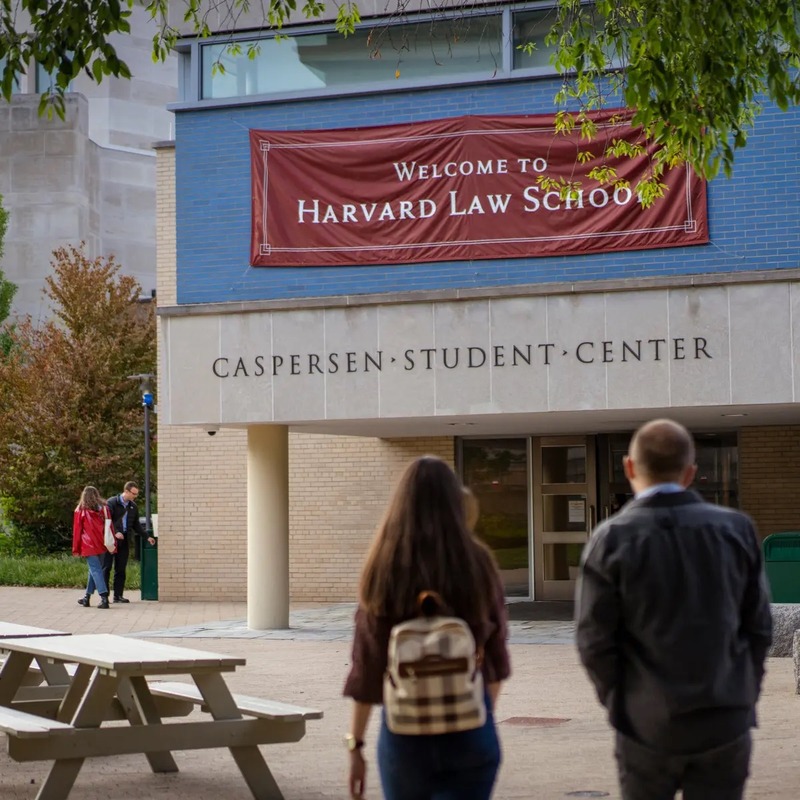Boycott from Law Schools, U.S. News & World Report Changes Ranking System
The magazine, which has been rating top schools for decades, said in a letter to deans that it is altering its methods to address their concerns.

Under pressure amid a boycott by top law schools, U.S. News & World Report told law school deans on Monday that it will make several changes in the next edition of its influential ratings.
In a letter to American law school deans published on its site, U.S. News said its next list would give more credit to schools whose graduates go on to pursue advanced degrees, or school-funded fellowships to work in public-service jobs that pay lower wages. The magazine, which has been publishing the ratings for decades, is responding to criticism that its rankings overvalue high-paying private-sector jobs.
The 2023-24 rankings, scheduled to be published this spring, will also rely less on surveys of schools’ reputations submitted by academics, lawyers and judges, the magazine said.
A spokeswoman for U.S. News said the list will no longer consider indicators of student debt, or the schools’ spending per student. Critics have said the magazine’s previous metric for measuring student debt encouraged schools to favor wealthy students over those with financial need, and that its use of spending per student figures favors wealthier institutions.
“We realize that legal education is neither monolithic nor static and that the rankings, by becoming so widely accepted, may not capture the individual nuances of each school,” Robert Morse, the chief data strategist at U.S. News, and Stephanie Salmon, senior vice president of data and information strategy, wrote in the letter.
U.S. News will continue to rank schools that have declined to participate, using publicly available data. But it will publish more detailed profiles of schools that respond, a possible incentive for lower-ranked institutions eager to attract the attention of students.
The U.S. News list, published annually since 1987, is as influential as it is sclerotic. Roughly the same 14 law schools have held the top slots for 30 years, alternating only slightly and prompting headlines when they do. Its criteria for the rankings are watched almost as closely.
In recent months, however, a majority of those top 14 schools have announced that they will no longer participate. Among those dropping out are Yale, which has topped the list for decades, and Harvard, Stanford, Northwestern, Georgetown, Columbia and Berkeley.
Yale Law’s dean, Heather K. Gerken, said in a statement Monday, “Having a window into the operations and decision-making process at U.S. News in recent weeks has only cemented our decision to stop participating in the rankings.”
A spokesman for Harvard Law School declined to comment.
The moves announced today could signify the power of the top law schools to shuck the ratings — their reputations cemented by top firms and prospective students. Other law schools, however, are more dependent on the ratings to attract students.
The growing backlash against the rankings reflects concerns among school leaders about ethics, fairness and the purpose of a legal education, and the institutions that provide it. Rankings that emphasize test scores and salaries deter students from pursuing careers in public service, school officials have said. The rankings’ criteria also discourage schools from serving working-class students who require need-based aid to attend, critics say.
The magazine’s rankings are “profoundly flawed,” Ms. Gerken wrote in a letter announcing the school’s withdrawal from participation in November. “We have reached a point where the rankings process is undermining the core commitments of the legal profession,” Ms. Gerken added.
The U.S. News process “does not advance the best ideals of legal education or the profession we serve, and it contradicts the deeply held commitments of Harvard Law School,” John Manning, the dean of Harvard Law, wrote in a letter the same day.
Top law schools and others have criticized the list for years, and the changes announced Monday do not address all concerns they have aired in the past. The magazine said in its letter that it would require “additional time and collaboration” to address the role of loan forgiveness, need-based aid, diversity and other issues in its rankings, and that it would “continue to work with academic and industry leaders to develop metrics with agreed upon definitions.”
Ruth Graham is a Dallas-based national correspondent covering religion, faith and values. She previously reported on religion for Slate. @publicroad


